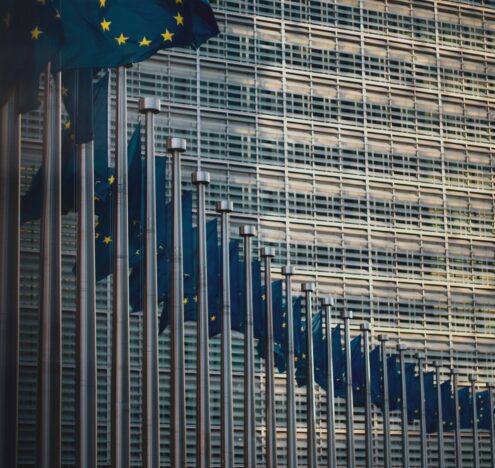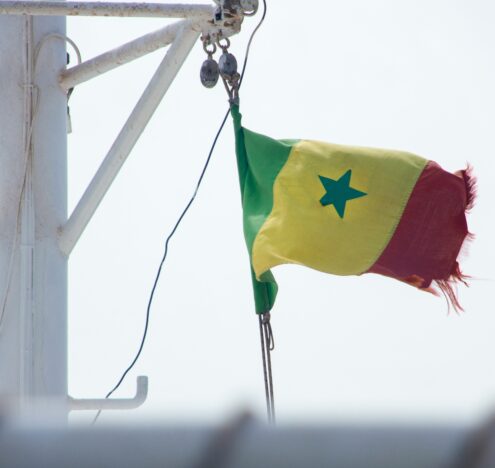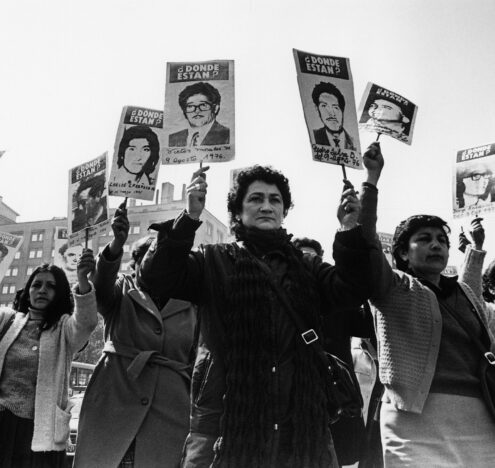The Syrian government’s advance through Eastern Ghouta (hang on, where is that?) is almost complete, and Syria’s neighbors are taking notice. Initiated in early January, the Syrian Army rolled into eastern Ghouta last week and struck evacuation deals with the last rebel holdouts. The humanitarian situation is characteristically appalling, but that isn’t stopping Damascus from attempting to project some sense of normalcy with its latest diplomatic overtures.
Two recent meetings, in particular, are worth scrutiny. The first meeting of note took place in Damascus on March 14th, when Iraqi National Security Advisor and head of the Popular Mobilization Force (PMF) Faleh al-Fayyad met with Syrian President Assad on behalf of Iraqi Prime Minister al-Abadi. As the head of the PMF, al-Fayyad is at the center of a debate in Iraq over how to exercise more central control over the predominantly Shi’a militias that constitute the backbone of the PMF – and enjoy monetary and tactical support from Tehran. The role of the Iran-backed Shi’a militias has become especially controversial in the lead-up to Iraq’s parliamentary elections, in which a dizzying array of parties will compete. In light of the investment that al-Fayyad and President Assad share in their strategic partnership with Iran, al-Fayyad’s visit to Damascus signals more than a simple message of friendship from Baghdad. As a servant of two masters, al-Fayyad bears tidings from each of his respective dons.
March 26th witnessed the second meeting, when Syrian Foreign Minister Walid Muallem arrived in Oman for several days of talks on “strengthening bilateral ties” in his first visit since 2015. Before you heave a sigh of O-man and resume binging cooking videos, it’s worth noting that Muallem is in Muscat on the Omani Foreign Minister’s invitation, ostensibly to inaugurate a new Syrian embassy in the Omani capital. The high-level meetings and ribbon-slicing that would be standard fare on most diplomatic visits take on special significance in the context of the Assad government’s territorial gains over rebel forces. The victories make Assad look like a winner, and Oman could really use one of those. Amidst the chaos of the Gulf family feud with Qatar and fears of spillover from the Yemeni conflict, Oman is having a tough time preserving its traditional role as a regional mediator. The prospect of an end to the Syrian conflict with Assad on top, bringing the embattled president back into the fold of normal Middle Eastern politics, will offer plenty of opportunities for mediation. Coupled with the Sultanate’s close relationship with Iran, Oman is positioned and incentivized to serve as a go-between for the Syrian regime if normalization gets underway.
Time will tell whether Syria’s other neighbors will follow suit with Oman and Iraq in the diplomatic dance as the dust of the civil war settles. If the Syrian conflict does indeed wind down in the near future, the rest of the Middle East may need to bite the proverbial bullet to jumpstart talks with Damascus.
Nicholas Norberg graduated from Georgetown University with a degree in Linguistics and Arabic, and he has worked as a Middle East and Turkey analyst at Dataminr. He currently writes for the Journal on Middle East Politics and Policy at Harvard University, where he is pursuing a Master’s degree in Middle Eastern Studies.




















